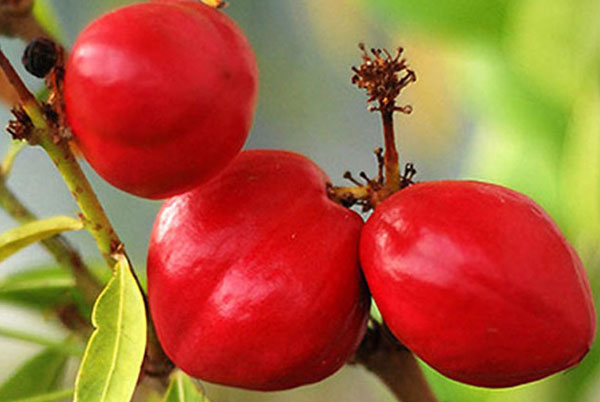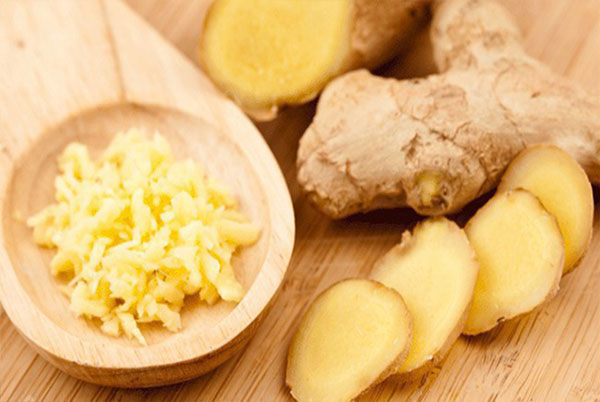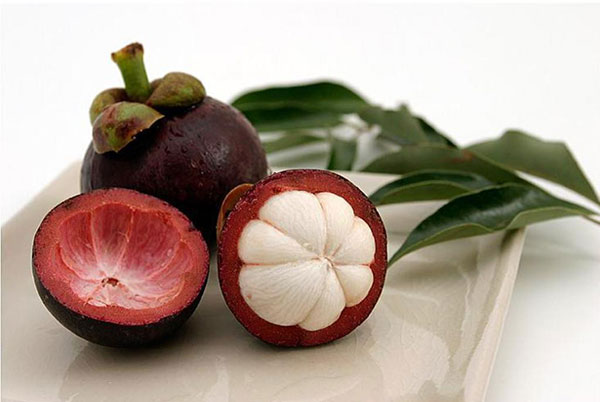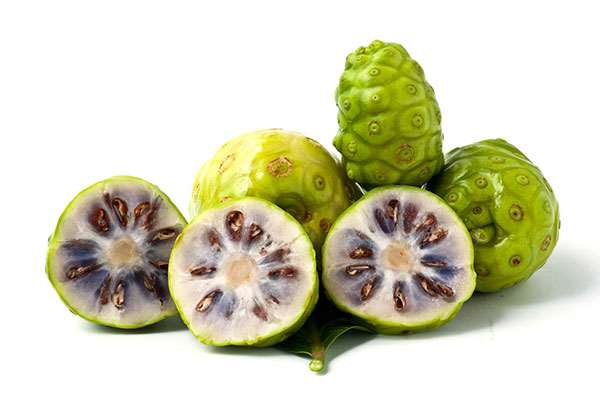
Boosts Energy Levels
Coffee contains caffeine, a stimulant that fights fatigue
and increases energy levels. It blocks the receptors of a
neurotransmitter called adenosine, leading to increased
dopamine levels in the brain.
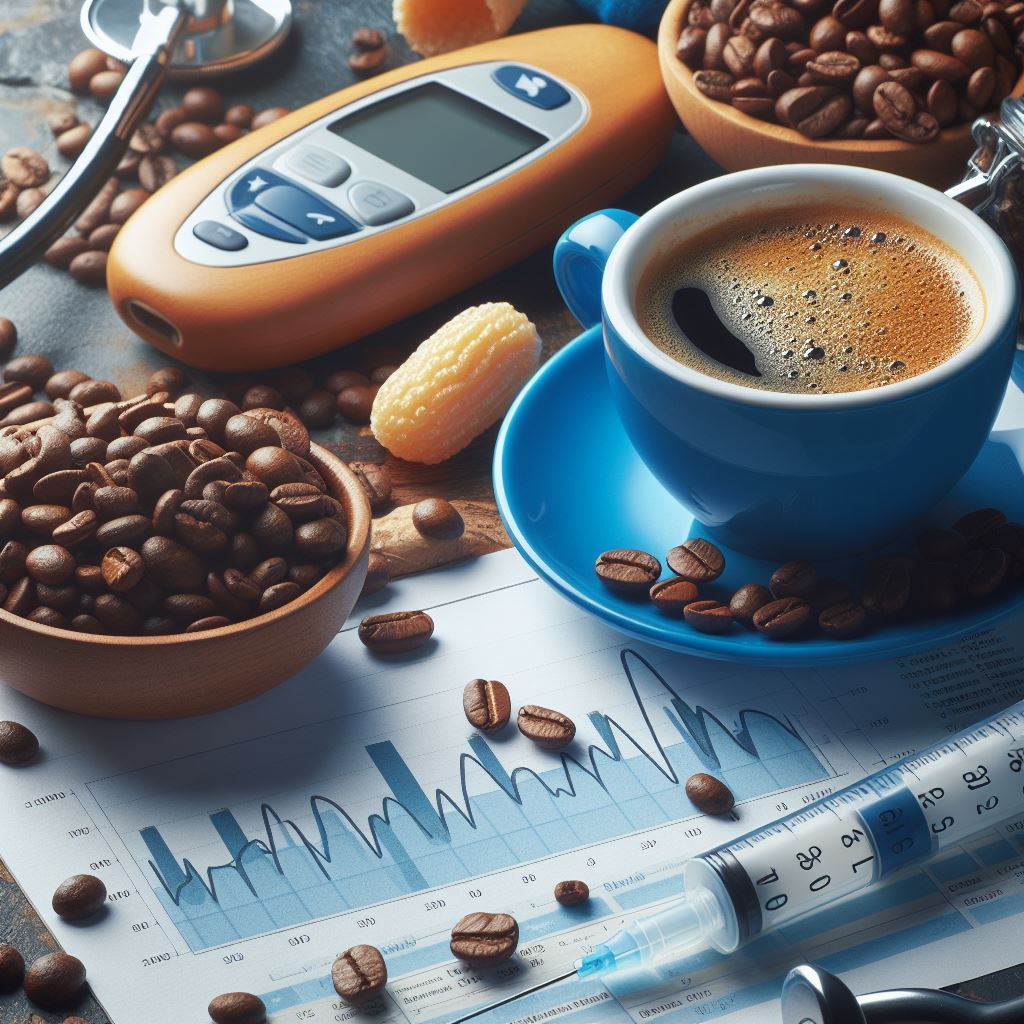
Lower Risk of Type 2 Diabetes
Both coffee and tea consumption has been associated with a
decreased risk of developing type 2 diabetes. It may
help preserve the function of beta cells in the pancreas
and affect insulin sensitivity, inflammation, and metabolism

Brain and Liver Health Support
While results are mixed, some studies suggest that
coffee may protect against neurodegenerative disorders
like Alzheimer’s and Parkinson’s disease, have
a protective effect on the liver
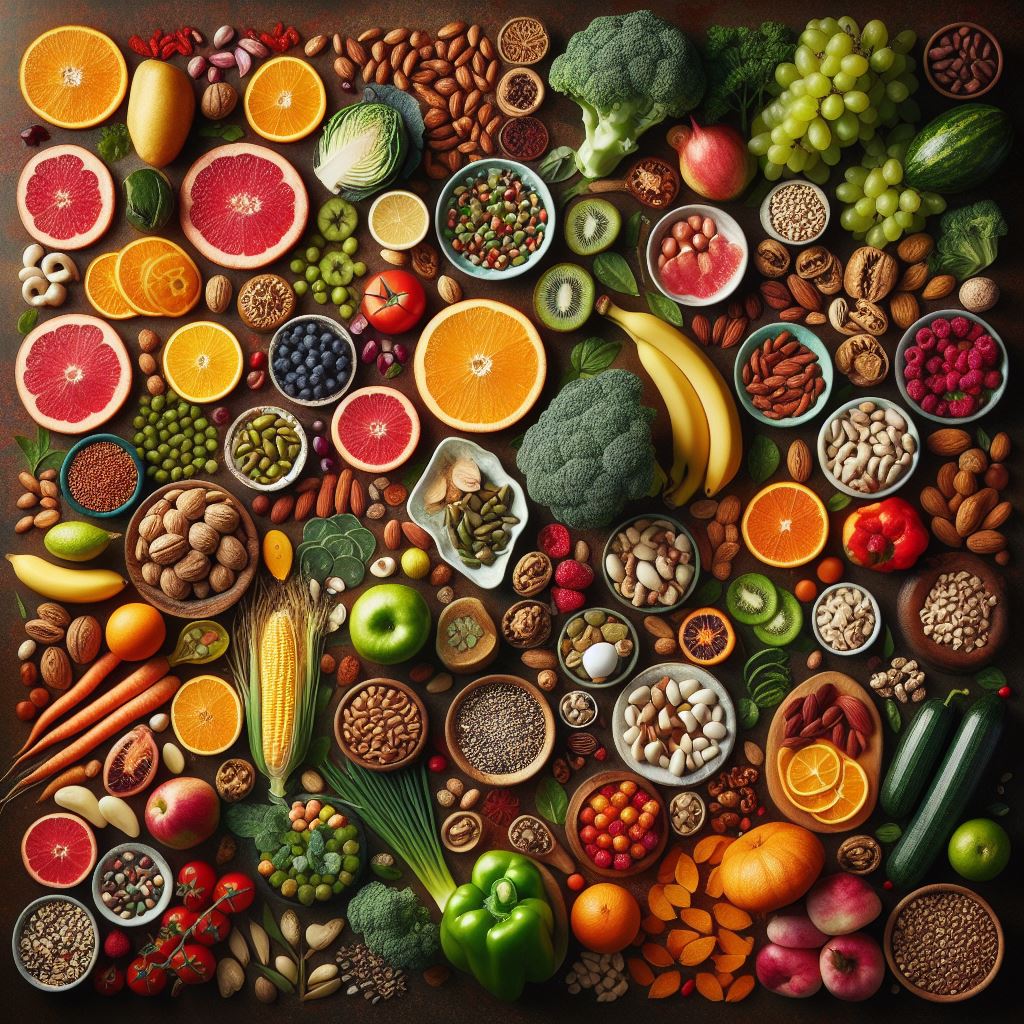
Antioxidants and Anti-Inflammatory
Coffee provides antioxidants and compounds that
promote health and liver health with moderate
consumption.

Lower cholesterol
Black tea contains antioxidants called theaflavins and
thearubigins, which may help lower the levels of bad
cholesterol in your blood and reduce the risk of heart disease

Lower risk of cancer
Green and black teas also contain polyphenols, which are
micronutrients that may inhibit the growth and survival of
cancer cells in the body

Improved digestion and immunity
Tea can also help improve your digestive and boost
your immune system. ginger tea can soothe stomach aches
and inflammation, and rooibos tea can provide antioxidants
and electrolytes that support your hydration and immunity

Better sleep quality and lower depression
Some herbal teas, such as chamomile, lavender, and lemon balm,
have calming and soothing effects that can help you relax and
sleep better. They may also help reduce stress and anxiety,
which are linked to depression
The Traditional Herbals
